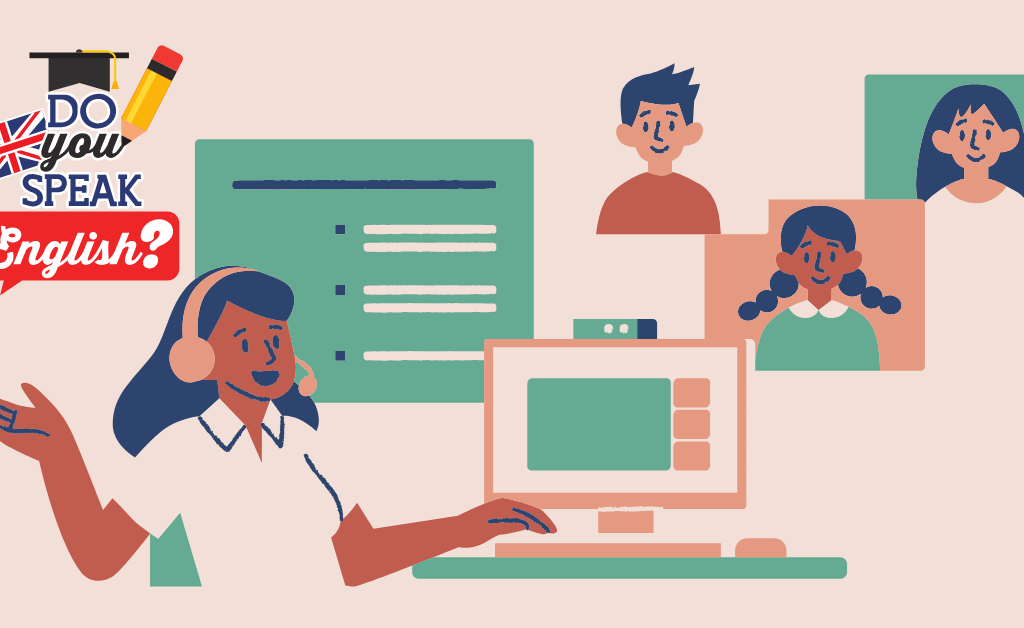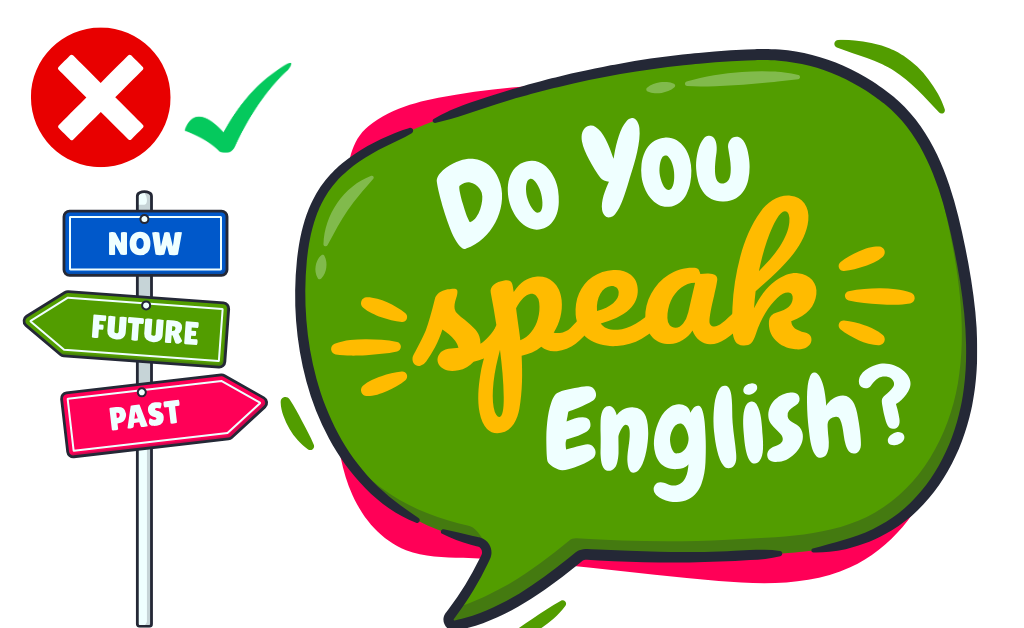English Speaking Course for Job Interview in Delhi – Complete 2026 Guide

Are you preparing for a job interview but struggling with English communication?
If yes, joining an English speaking course for job interview in Delhi can significantly increase your chances of selection.
Today, companies don’t just check qualifications — they assess confidence, fluency, and communication skills.
This guide will help you understand:
- Why interview English training is important
- What a good course should include
- Common interview mistakes
- How to choose the best institute in Delhi
🎯 Why English Is Important for Job Interviews?
In most corporate jobs, interviews are conducted in English. Employers evaluate:
✔ Communication clarity
✔ Confidence level
✔ Vocabulary usage
✔ Body language
✔ Presentation skills
Even talented candidates lose opportunities due to hesitation or poor English.
📚 What Should an English Speaking Course for Job Interview Include?
A professional course in Delhi should cover:
1️⃣ Interview Question Practice
- Tell me about yourself
- Strengths & weaknesses
- Why should we hire you?
- HR & technical round questions
2️⃣ Fluency & Confidence Building
- Daily speaking sessions
- Mock interviews
- Role plays
3️⃣ Grammar & Sentence Correction
- Tenses
- Common speaking mistakes
- Professional vocabulary
4️⃣ Personality Development
- Body language training
- Voice modulation
- Public speaking
💼 Who Should Join This Course?
- Fresh graduates
- MBA aspirants
- Call center job seekers
- Corporate job applicants
- Working professionals seeking promotion
If you feel nervous while speaking English in interviews, structured training can transform your performance in 2–3 months.
❌ Common Interview Mistakes Students Make
- Translating from Hindi to English
- Using very basic vocabulary
- Speaking too fast or too slow
- Avoiding eye contact
- Lack of structured answers
A good English speaking course helps you eliminate these mistakes.
🏆 Benefits of Joining Interview-Focused English Classes in Delhi
✔ Clear and confident communication
✔ Better job opportunities
✔ Higher salary potential
✔ Improved personality
✔ Professional presentation skills
Employers prefer candidates who can represent the company confidently.
⏳ Course Duration & Format
Most interview-focused spoken English courses in Delhi offer:
- 2–3 months regular batch
- Weekend batch for working professionals
- Small batch size for personal attention
- Mock interview practice sessions
📈 Final Thoughts
If you want to crack interviews and build a successful career, enrolling in an English speaking course for job interview in Delhi is a smart investment.
Skills speak louder than degrees — and communication is the key.
If you want to speak English fluently, crack interviews, and improve your personality, Launch Pad English is the right place for you.
📍 Location: Thapar House, Gautam Nagar, Green Park Metro Station Gate No.2, Behind Axis Bank, Delhi-110049
📞 Contact Us: 91+9810572736
🌐 Website: https://www.launchpadenglish.com/
📩 Enroll Today & Start Speaking English Fluently, Clearly & Confidently!


